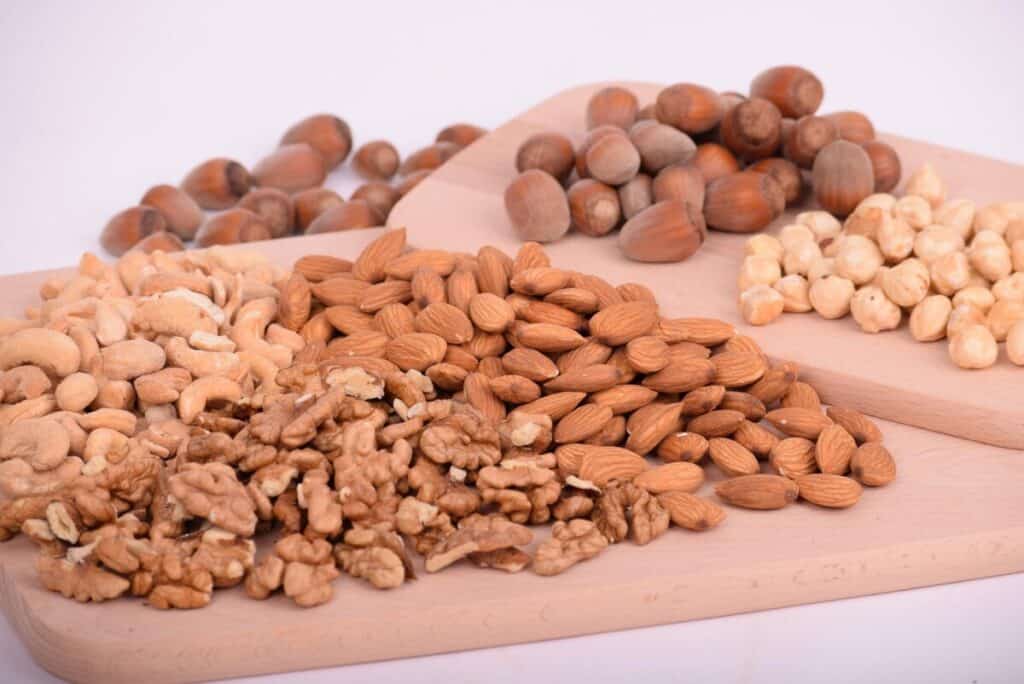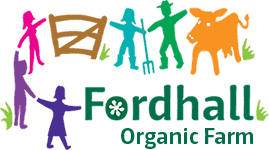Our Resident Nutritional Therapist Kate Bevan Wood Dip CMN mBANT CNHC (pictured) shares her top Good Mood Foods – these are the foods that we can eat to help nourish our brains and support a happy and healthy mood, and I’m sure we could all do with a bit of that at the moment.
Healthy Fats: Did you know that the brain is made up of about 60% fats so eating healthy fats are essential for balanced brain function and to elevate our mood. This includes things like wild Alaskan salmon, mackerel, anchovies, sardines, nuts and seeds. Sardines are also high in a DMAE, an amino acid which helps to stimulate the brain and elevate our mood.
B Vitamins: It is essential to include foods that contain the whole spectrum of B Vitamins as they are protective of neurotransmitter receptors and the myelin sheath that protects nerve cells. B vitamins can be found in protein rich foods as well as nuts, seeds, wholegrains, dark green leafy veg, mushrooms (especially shiitake), sweet potatoes and avocadoes.
Tryptophan Foods: We have a number of neurotransmitters (hormones) racing around our bodies, which specifically help to make us feel happy and elevate our mood – these are serotonin, dopamine and oxytocin, amongst others. There are many ways in which we can help to stimulate these feel-good hormones including spending time outside, exercising, spending time with loved ones and listening to music. We can also help to stimulate them with the foods that we eat. By eating foods which contain tryptophan – which is an essential amino acid that stimulates serotonin – we can help to lift our mood. Tryptophan can be found in a lot of common foods so is easy to factor into our diets.
Healthy protein sources such as turkey, chicken, eggs and fish all contain good levels of tryptophan, as do bananas, sweet potatoes, nuts and seeds, wholegrain foods and organic dairy produce. Tryptophan is also good to help us relax and sleep, so if you are having trouble sleeping then it may be worth having a little snack two hours before bed, which includes tryptophan foods such as an oat biscuit with sliced banana.
Zinc: Zinc is also an important co-factor for serotonin and is the most abundant trace mineral in the brain. Low levels of zinc may be associated with depression. Rich sources of zinc include organic meat, game, fish and seafood. Vegan sources are nuts, seeds and seaweeds.

